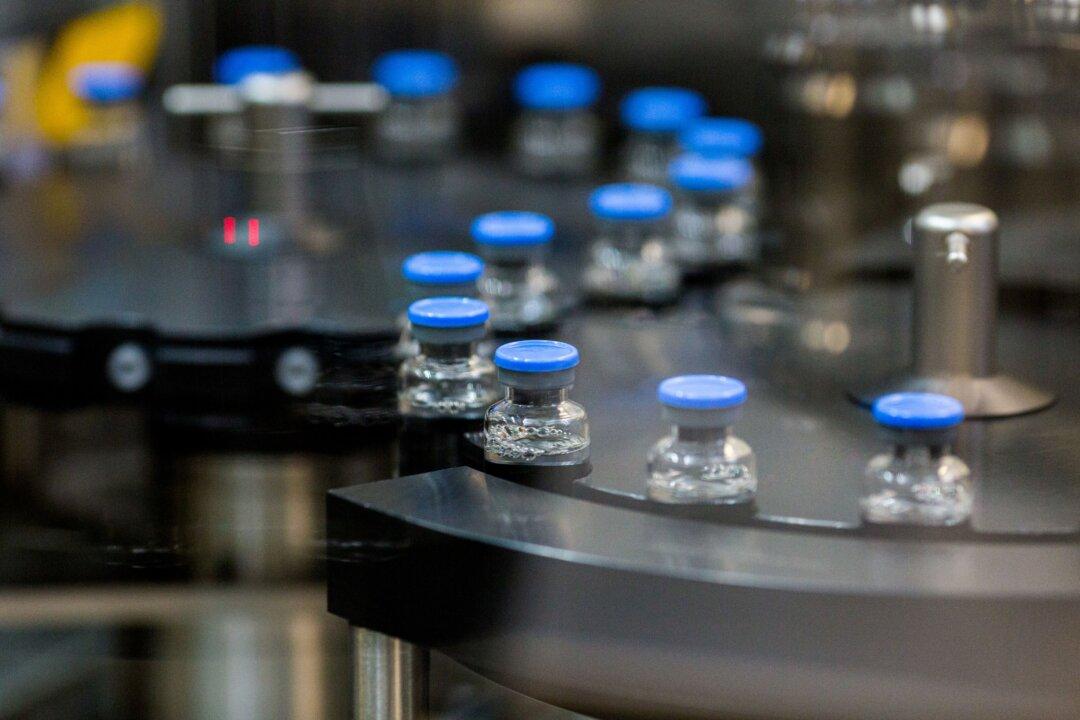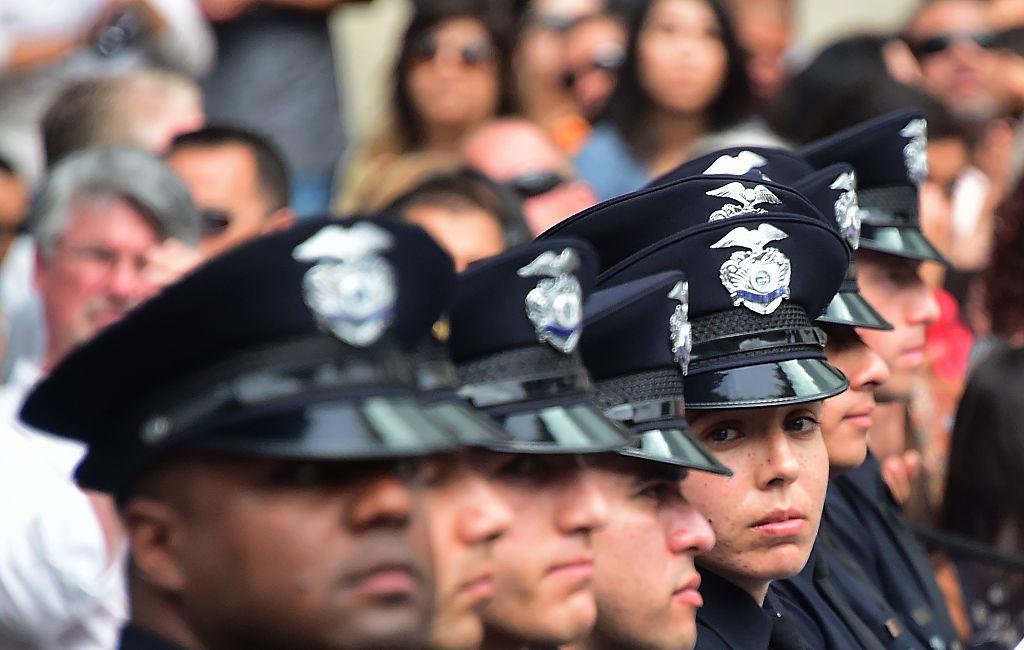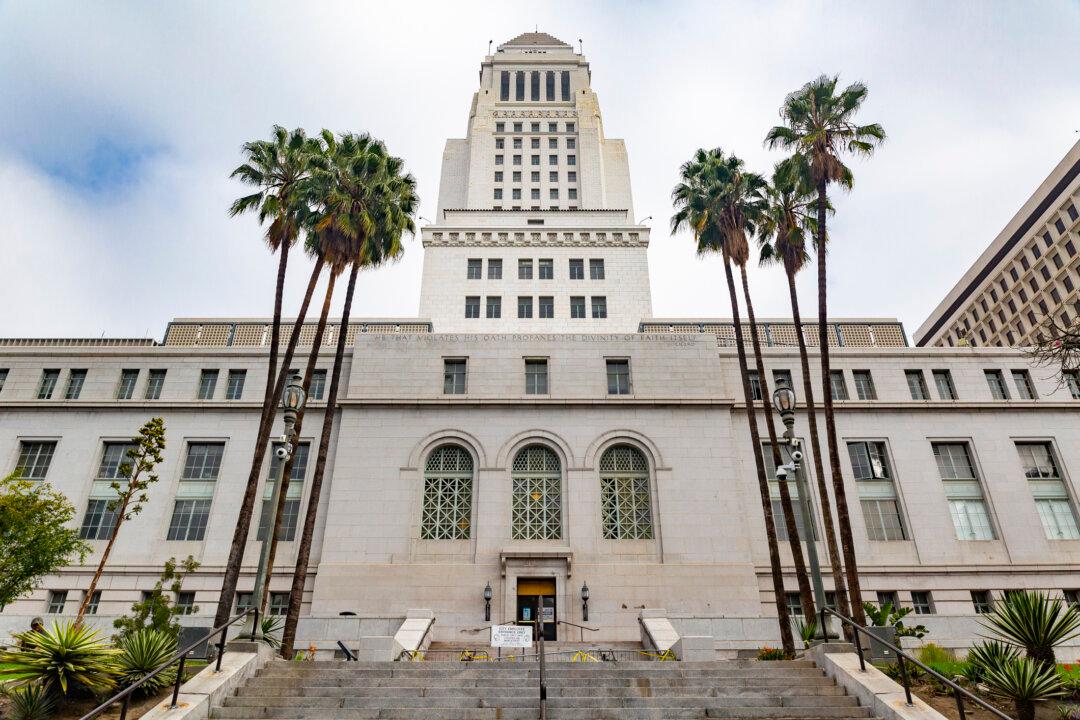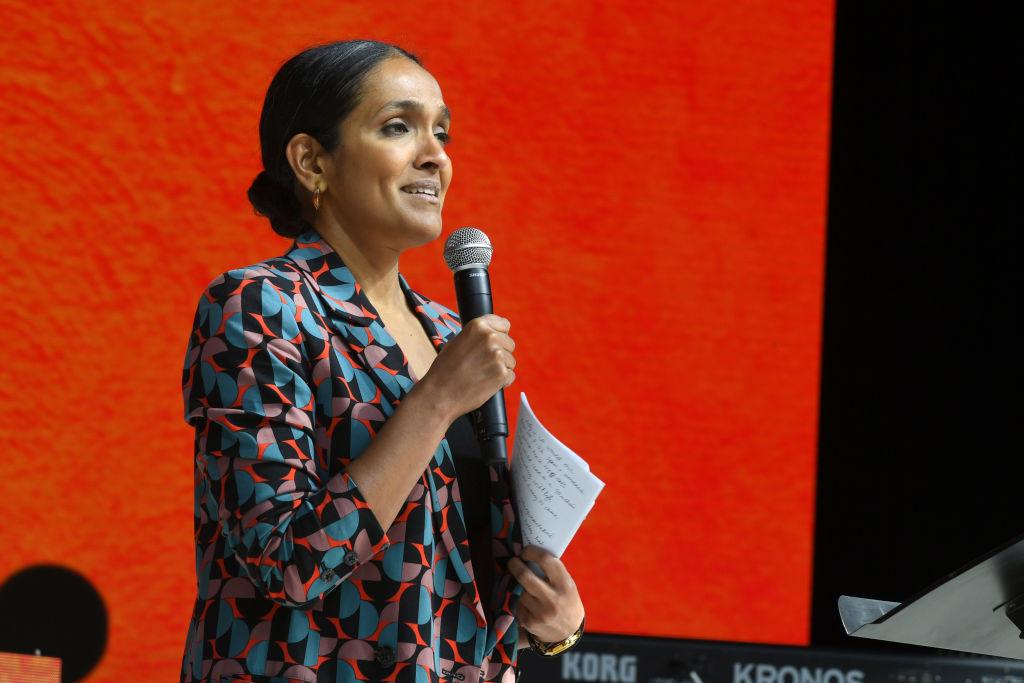IRVINE, Calif.—Doctors in Southern California say they are experimenting with different treatment combinations as they seek to find the best way to help patients with COVID-19.
The doctors told The Epoch Times that they have adjusted their methods as the pandemic has progressed. Certain drugs—some of them experimental—have proven effective, they say, especially when combined with pulmonary exercises.





